A few years ago, I was given the chance to speak before a group of students about end-of-life care; I remembered feeling a sense of blur in the crowd. In a cold auditorium, with the spotlight up in the stage; I could only see empty eyes staring right back at me. Probably, most of them are expecting an emotional and gloomy talk. But of course, it would also seem inappropriate to speak of death and dying in a joyful manner.
I remember when I was still a student, I would exalt that day when I would finally get to “save lives”. Nobody ever told me about letting go of the dying and give in to death. In nursing schools, we are taught to be superheroes. It’s all about how many night shifts we could endure, how many codes we could run, how big our bladders are that contained the amount of urine we have endured for the past 12 hours or so. We are trained to save lives and most of the time, it doesn’t matter at what cost. We are trained to perform superhuman procedures to prolong life, make artificial breathing possible and keep the heart beating. We are heroes, no doubt about that. In nursing school, I can’t remember being taught how to let go and accept the inevitable.
Whether we are in denial of it, one thing is assured, we are a hundred percent guaranteed that we are all eventually going to die.
As health care providers we seem to have forgotten the natural cycle of life. Life is beautiful and should be celebrated. By celebrating life, we give it the beautiful ending it deserves. For every person, life has a different meaning, but the culmination of one’s life is usually based on the achievement of what we have hoped for while being alive.
Years of experience has taught me that a dying person is not necessarily afraid of death, most of them are afraid that they can no longer do the things they wanted to do for themselves and for their loved ones. They have lost hope. Once their doctors have given up on them and all else are exhausted, hope is nowhere to be found. Dying people have shifted from being a person with hopes and dreams to a person who could only settle for breathing each minute.
Looking back a few years ago, I was as a novice nurse assigned in the ICU. I was very overwhelmed and intimidated with all the machines and critical patients around me. Nevertheless, I was excited to play hero, I was just waiting for that helpless victim.
In a corner of the crowded ICU, was a scrawny 14-year-old boy with jaundiced skin and bloodshot eyes. He was breathing heavily even when wearing an oxygen face mask. I could hear his crackled breathing, but he seemed behaved, quietly observing the people around him.
He was a Muslim boy named Johari, diagnosed with Leukaemia and the doctor said he is in the terminal stage.
Johari has been in an out of the ICU for months. His father, a cheerful man, despite doctor’s advice to take Johari home, said that he could not bear looking at his son die at home knowing that there is still something that could be done. Perhaps it was my lack of experience but several times I tried but have failed to establish rapport.
One afternoon, while I was giving him an IV medicine, I noticed Johari fixing his attention on the television. The TV show host was asking some kids what they would like to be when they grow up.
Words just suddenly came out of my mouth as I asked him “Johari, what would you like to be? An engineer? A doctor?”
After a few moments of silence, he answered: “I do not want to be anything else…but alive”.
I felt a strong jolt in my chest. I can vividly see the sadness in his eyes. Oh, how I regret having to ask that question. It broke my heart to see him in that state. But something got through me and so I asked another question “Can you tell me how long how the doctor said you will live?”
Nonchalantly, he answered “A few months, weeks, maybe tomorrow…I don’t know”.
Nerves got the best of me and told him “Johari, you have been here for more than two weeks already and it must have been so difficult for you to see people die almost on a daily basis. The good news is that you have outlived most of them.”
I gave him a smile and said “Life can be so ironic, you are sitting here waiting, and I, on the other hand, may be able to go out and about but what if something bad happens to me? You may still outlive me!”
I went on saying “It’s never really too late to have a dream, life is about looking forward, hoping for the next day to be better than today, so even if it’s a small chance, you must not give up on yourself to try to be happy and think of happy thoughts”.
He was just staring at the television when I told him “How about I give you an assignment? The next time we‘d talk like this, you tell me if you have made up your mind on what you wanted to be”. He just stayed silent but I was really hoping that he’d think about it.
The next few days he was feeling a lot better and the redness in his eyes has subsided. He would give a smirk when being talked to. I would follow him up on his ambition, sometimes he would just smile but most of the time he would tell me he still hasn’t made up his mind yet. When the day arrived that he was about to be discharged from the ICU, I enthusiastically asked him if he has finally made up his mind.
“So, Johari, have you made up your mind? Have you decided on being an engineer?”
His face brightened as he smiled at me saying “I want to be a nurse”.
That was years ago, I never heard of him since, but something tells me I did something right, that I actually made a difference in his life. It actually made who I am as a nurse worth it.
Later on, I have met lots of dying patients and grieving families. It is through them that I have appreciated life and how different people hope to live longer if only to fulfill their life’s wish. May it be to finish a will, to find someone to take care of their kids or pets, to make peace with an estranged family, or even to renew a 70-year-old marriage vows.
It is not for us nurses to prolong their life but to help them to hold on to that hope that they can do what they have lived for, even on the verge of dying. We help them live until they die. We give them real hope. We may not be superheroes all the time but we can make someone’s life worth living.
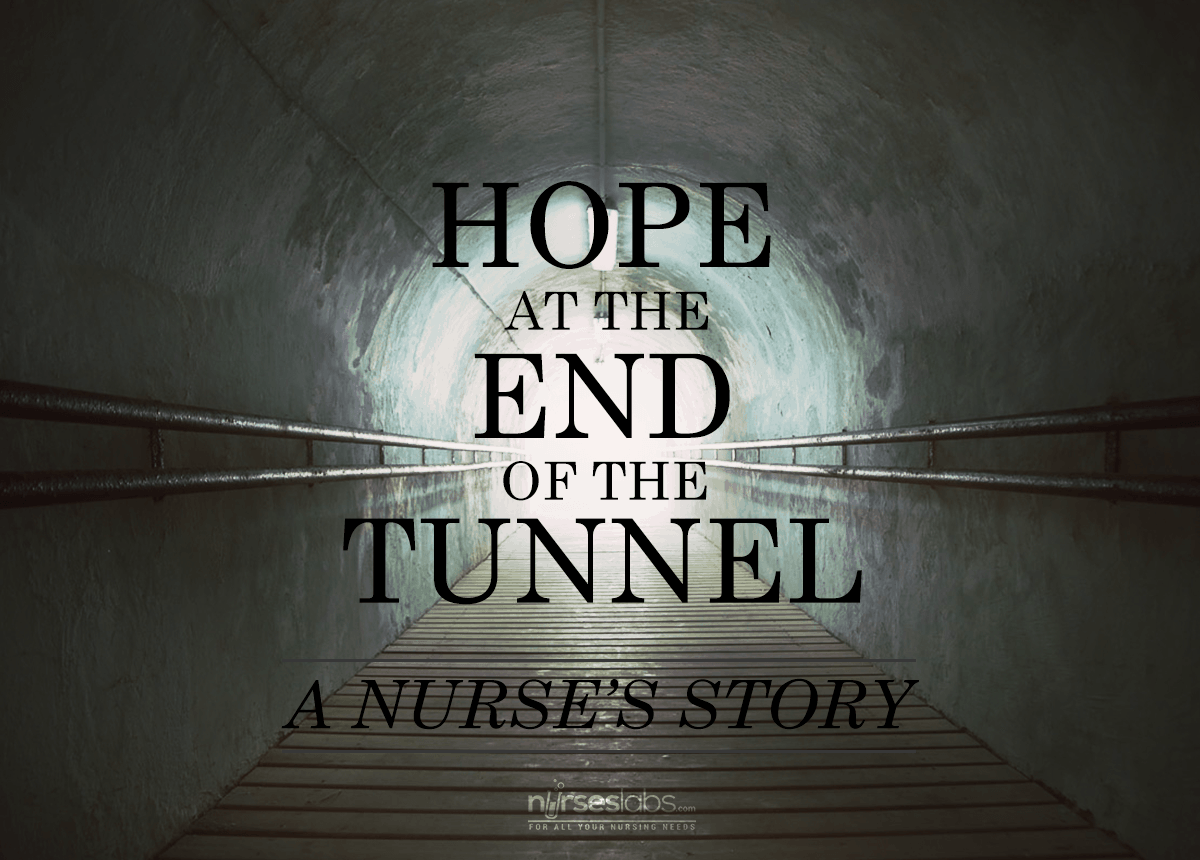
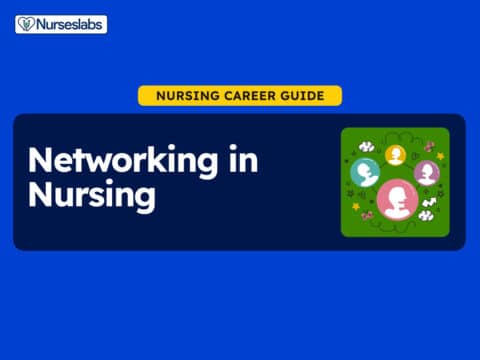
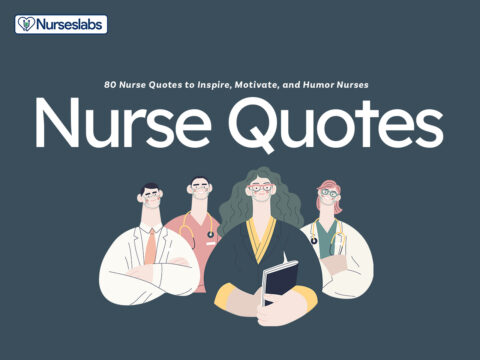
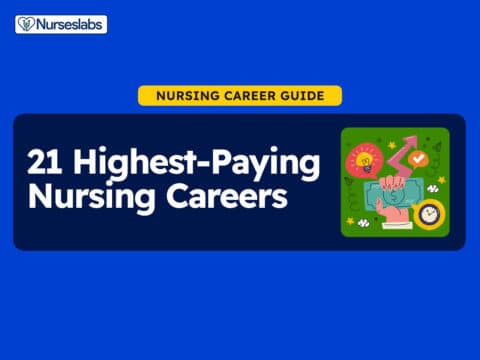
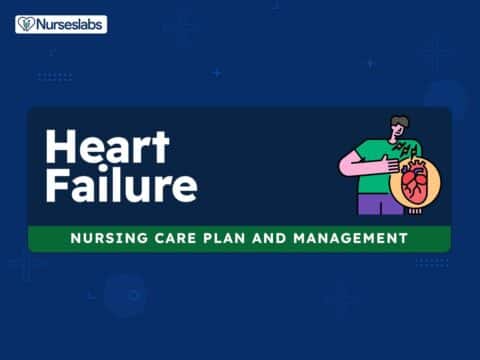

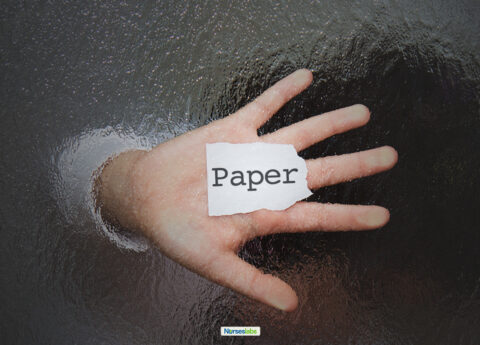
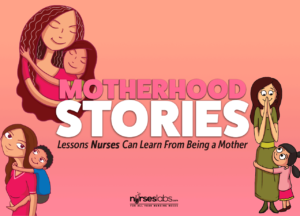
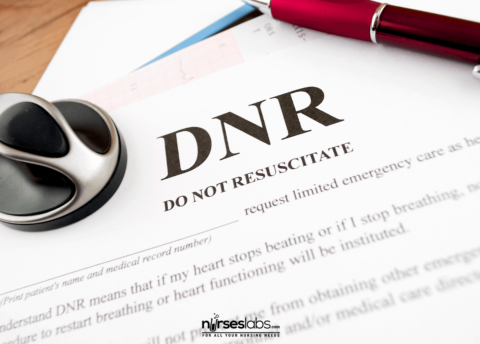


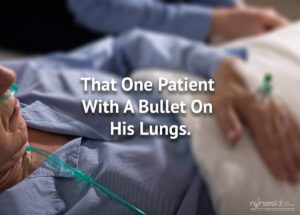
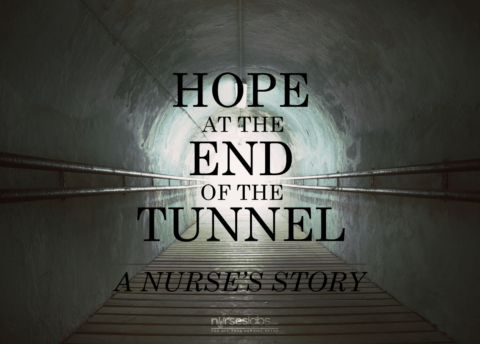

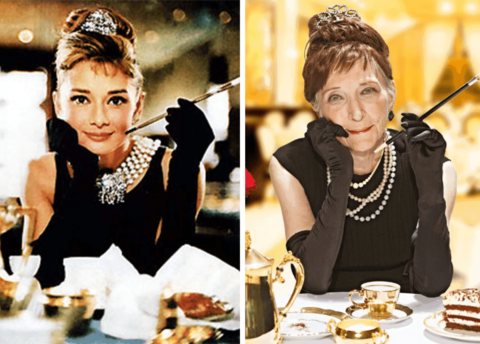

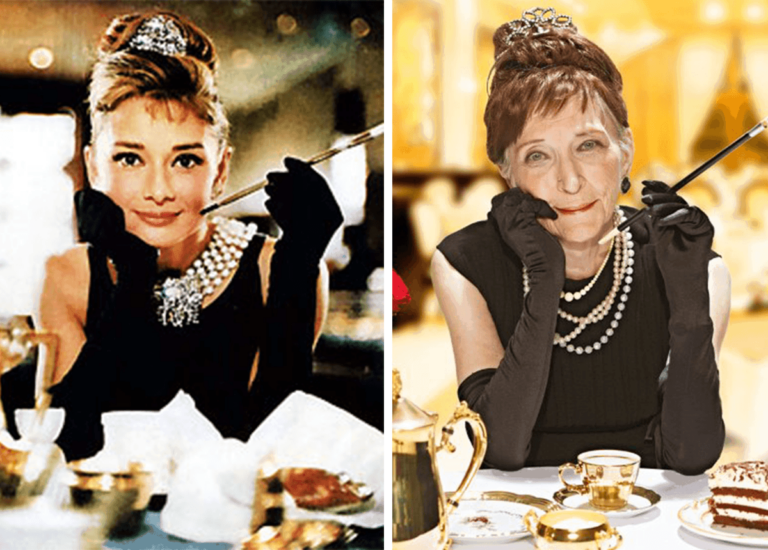



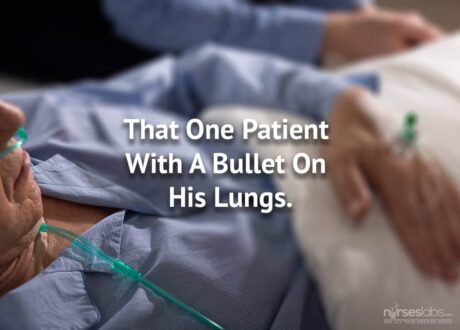



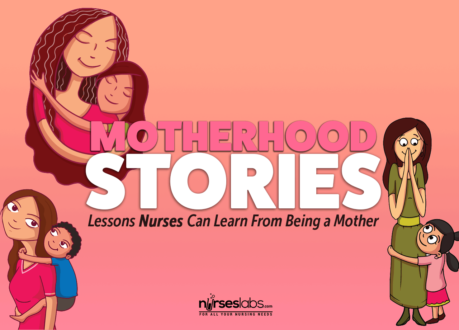
Leave a Comment